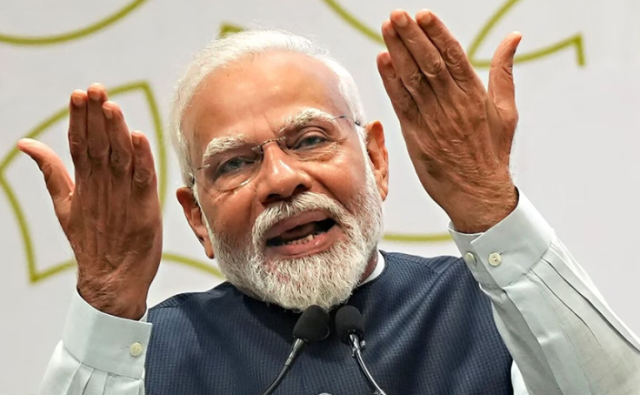Prime Minister Narendra Modi, is vying for an unprecedented third consecutive term as India entered the fourth phase of its seven-week-long election on Monday, with campaign.
The world’s most populous democracy commenced voting on April 19, involving nearly one billion eligible voters, with the results slated to be announced on June 4.
Prime Minister Narendra Modi, leads the charge for the Hindu nationalist Bharatiya Janata Party (BJP), facing off against a coalition of over two dozen opposition parties.
Amit Shah, Modi’s influential aide and the nation’s Minister of Home Affairs said, “I appeal to all to vote for a decisive government, as polling stations opened their doors.
The fourth phase sees voting for 96 parliamentary seats across 10 states and territories, with approximately 177 million individuals eligible to cast their votes.
India, home to approximately 80% Hindus and the world’s third-largest Muslim population, is grappling with a multitude of concerns.
Voters, led by Rahul Gandhi and the Congress party, are advocating for enhanced representation and welfare measures for the nation’s underprivileged. They argue that wealth disparity has been exacerbated during Modi’s tenure, a charge vehemently denied by the government.
Ahead of Monday’s vote, the opposition received a boost when the Supreme Court granted relief to Arvind Kejriwal, the Chief Minister of Delhi and a prominent opposition figure, permitting him to campaign.
Kejriwal, a vocal critic of Modi, had been arrested on corruption allegations a month before the elections, prompting accusations of government vendetta.




















